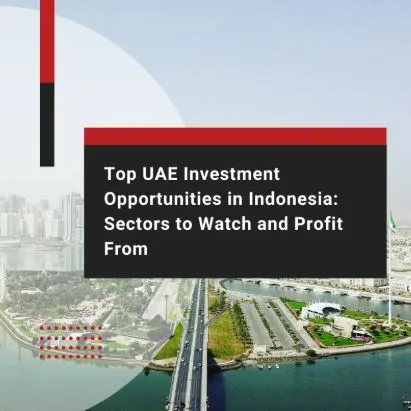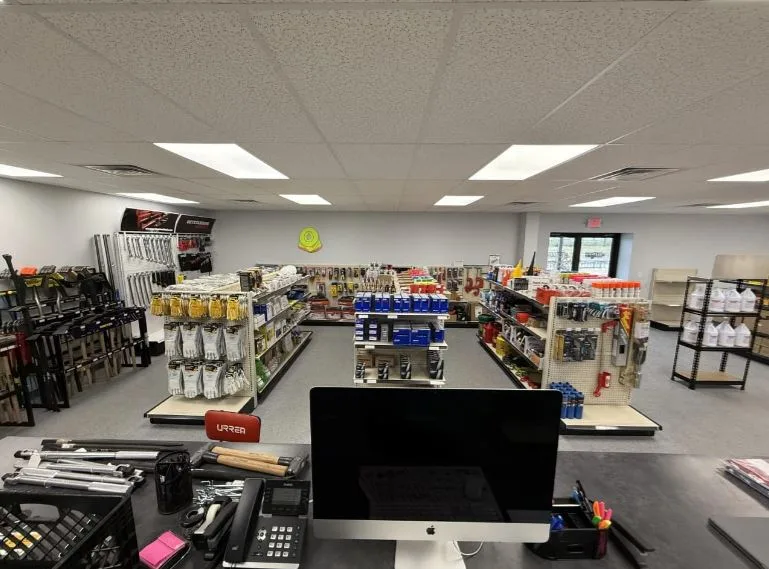Indonesia’s Nickel Boom: How EV Battery Demand is Changing Mining Investments
Introduction
Indonesia is becoming one of the most important countries in the electric vehicle (EV) world. Why? Because it has something very special—nickel. Nickel is a key material used in making EV batteries. As more people around the world choose electric cars, the need for nickel is growing fast. This has led to a nickel boom in Indonesia, creating big changes in Indonesia investment and the global mining industry.
Let’s explore how this natural resource is giving Indonesia an advantage, and how it’s changing mining investments in the country and beyond.
What Makes Nickel So Important?
Nickel is a shiny metal often used in stainless steel. But recently, it has become very valuable for another reason—electric car batteries. EV batteries need a lot of nickel to store energy and last longer. The more EVs are made, the more nickel is needed.
Car companies like Tesla and BYD are now looking for a steady supply of nickel. This is where Indonesia comes in.
Indonesia’s Natural Resource Advantage
Indonesia is rich in natural resources, and nickel is one of the most valuable. In fact, Indonesia is the world’s largest producer of nickel. Its tropical islands hold huge reserves of laterite nickel ore, which is perfect for making EV batteries.
This natural gift gives the country a major advantage. Countries that want to make more EVs are now turning to Indonesia for help. This is leading to a rise in Indonesia investment, especially in mining and battery production.
How EV Demand Is Fueling Investment
The global push toward clean energy is creating a strong demand for EVs. Governments in the U.S., Europe, and China are offering rewards for buying electric cars. At the same time, car makers are promising to stop making gas-powered vehicles in the future.
To meet these goals, companies need more EV batteries—and more nickel.
Investors see a huge opportunity in Indonesia. Many are putting money into:
Nickel mining projects
Nickel processing plants
Battery factories
Smelting and refining facilities
This boom in mining is changing the way people think about Indonesian investment.
Government Support and New Policies
Indonesia’s government understands the value of its nickel resources. To make the most of it, the country has passed new rules to attract investors. In 2020, Indonesia banned the export of raw nickel ore. This means companies can no longer take nickel out of the country without processing it first.
Why did the government do this?
Because they want companies to build processing and manufacturing plants in Indonesia. This creates more jobs, increases value, and boosts the economy. As a result, many global companies are now investing directly in Indonesian industries.
For example:
Chinese companies are building nickel smelters in Sulawesi.
South Korean firms are opening battery factories.
Western companies are signing deals with local miners.
All of this is increasing Indonesia investment in a big way.
Job Growth and Local Benefits
The nickel boom is bringing many benefits to Indonesia’s people. New mining and factory projects are creating thousands of jobs. Workers are needed for digging, building, operating machines, and managing production.
In addition, the government is asking companies to follow local hiring laws, which means more Indonesians are getting trained and hired.
Other benefits include:
Better roads and infrastructure
Improved schools and hospitals near mining areas
Stronger local economies
This shows how the EV battery demand is not just helping investors—but also local communities across the country.
Environmental Concerns and Sustainable Mining
With all the good news, there are also challenges. Mining nickel can be harmful to the environment. It can cause:
Deforestation
Water pollution
Soil damage
Air pollution from smelters
To reduce harm, Indonesia is now focusing on sustainable mining. This means using eco-friendly methods and protecting the environment as much as possible. Companies are being asked to:
Replant trees after mining
Use clean energy in factories
Reduce waste and recycle water
Monitor pollution levels
Some companies are also investing in green technologies to make nickel mining safer for people and the planet. This focus on sustainability helps protect Indonesia’s natural beauty while allowing growth in Indonesia investment.
Global Impact of Indonesia’s Nickel Boom
Indonesia’s nickel industry is not just changing things locally. It is also having a big impact around the world. As one of the top suppliers of battery-grade nickel, Indonesia is helping:
Lower EV costs by making nickel more available
Speed up the shift to clean energy
Reduce reliance on fossil fuels
More countries are now depending on Indonesia for their EV goals. This gives Indonesia a stronger voice in global trade and climate talks. It also means more chances for smart, long-term Indonesia investment in energy and technology.
Risks and Challenges Ahead
Even with strong growth, there are risks to watch. These include:
Nickel price drops: If prices fall, profits will shrink.
Too much mining: Over-mining can damage land and reduce resources.
Global competition: Other countries like the Philippines and Canada are also trying to grow their nickel industries.
Political changes: New leaders or laws could change the direction of mining policy.
Investors and companies must plan carefully and focus on long-term growth, not just short-term profits.
Conclusion
Indonesia’s nickel boom is changing the world of mining and electric vehicles. Thanks to its rich resources and smart policies, the country is now a top destination for Indonesia investment in EV battery materials.
With strong global demand, government support, and a push for sustainability, Indonesia is shaping the future of clean energy and transportation.
As long as the country protects its environment and supports local communities, this nickel boom could power a better and greener future—not just for Indonesia, but for the whole world.





